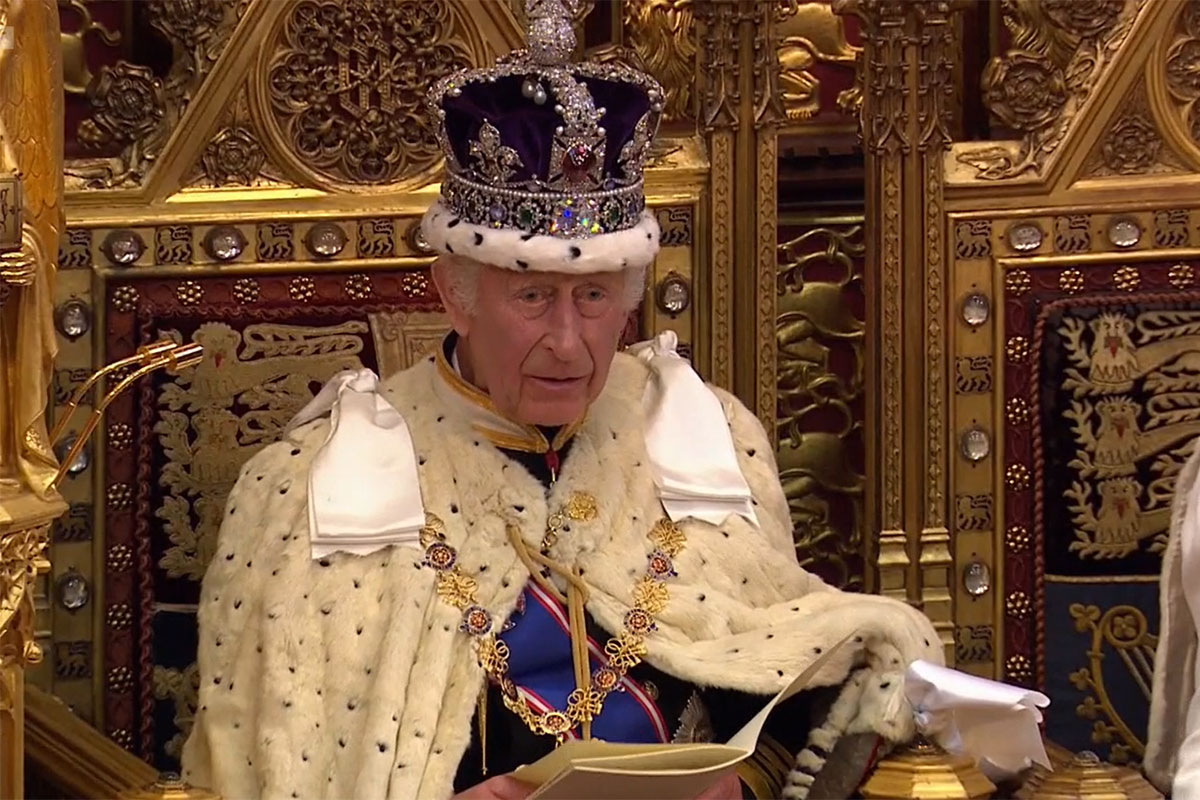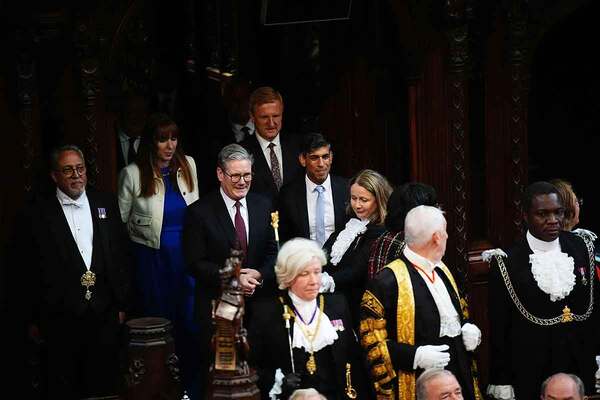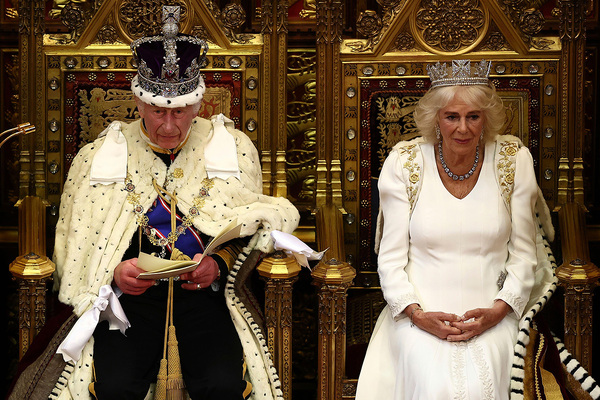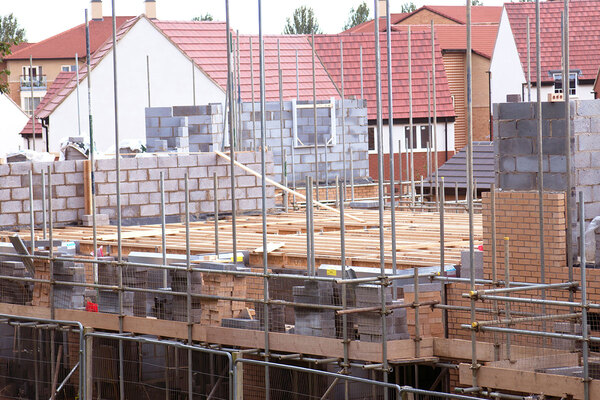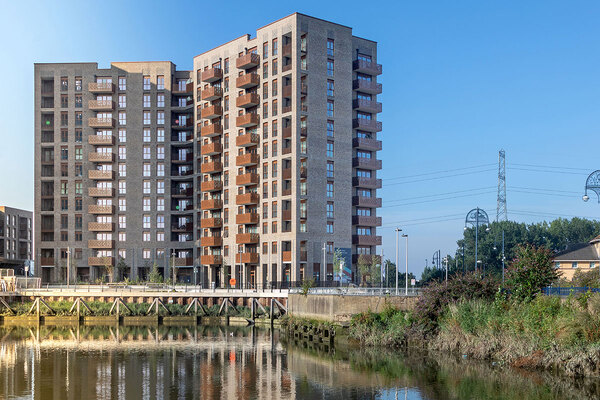You are viewing 1 of your 1 free articles
King’s Speech 2024: the new housing-related bills in focus
The new government’s priorities have been officially confirmed in the King’s Speech. James Wilmore runs through the bills that affect the housing sector
At the state opening of parliament on Wednesday 17 July, King Charles announced 39 bills containing measures that are expected to become law.
Among the plans are actions on planning reform, leasehold and a ban on Section 21 no-fault evictions. All the proposals appear to correspond to what Labour announced in its manifesto and what the party has said since taking power.
Here is a round-up the key bills for the housing sector.
Planning and Infrastructure Bill
As expected, the King’s Speech contained plans to tackle planning reform. Labour has made addressing the planning system a key plank of its bid to tackle the housing crisis and it now has its own bill, which also includes infrastructure.
While light on detail so far, the proposed legislation promises to “speed up and streamline the planning process to build more homes of all tenures”.
The legislation will improve local planning decision by “modernising planning committees” and there is a promise to boost capacity for local planning authorities. Labour has previously said it will help councils to recruit 300 extra planning officers.
Under the new laws, there will be a move to use development to “fund nature recovery” and the issue of ‘hope value’ will also be tackled to ensure compensation from a compulsory purchase order is “fair but not excessive”.
The bill also promises to streamline the process for delivering “critical” infrastructure, including upgrading the national grid and “boosting” renewable energy.
Draft Leasehold and Commonhold Reform Bill
The sale of new leasehold flats will be banned if the Leasehold and Commonhold Reform Bill becomes law. With Labour’s vast parliamentary majority, there is no reason to doubt it will.
It is part of what the new government says will “bring the feudal system of leasehold to an end”.
The tenure of commonhold will also be “reinvigorated” through a “comprehensive new legal framework”.
The previous Conservative administration had watered down its proposals on tackling leasehold by not including flats in a proposed ban. Around 70% of homes sold as leasehold are flats.
However, the new government is not tearing up the Leasehold and Freehold Reform Act 2024. It will implement the act, but is adding extra reforms such as the ban on new leasehold flats.
Under the measures announced in the speech, the rights of current leaseholders will be boosted by them being able to extend their lease, buy their freehold, or take over the management of their building.
Ground rents will also be regulated so leaseholders “no longer face unregulated and unaffordable costs”.
The bill also promises to end the “disproportionate and draconian threat” of forfeiture as a means of ensuring compliance with a lease agreement. It will leaseholders are “protected against losing savings they have in their home for potentially small unpaid debts”.
Under the measures, the government is also vowing to end what it calls the “injustice” of so-called “fleecehold” private estates and unfair costs.
Renters’ Rights Bill
This wide-ranging Renters’ Rights Bill confirms many of Labour’s previous pledges for the private rented sector (PRS).
Section 21 no-fault evictions will finally be banned after delays under the previous administration, and Awaab’s Law – named after the two year-old who died from mould exposure in his family’s housing association-owned flat – will be extended to the private sector.
The Decent Homes Standard will also be extended to the PRS to tackle the “blight of poor-quality homes”.
Plans to introduce an ombudsman for the PRS are also included in the bill. It promises the service will provide a “quicker, cheaper resolution when there are disputes” between private landlords and tenants.
A new law will make it illegal for private landlords to discriminate against tenants who receive benefits or with children, so no family is denied a home “when they need it”.
Councils will get new “investigatory powers” to make it easier for them to identify and fine “unscrupulous” landlords.
English Devolution Bill
New powers will be given to metro mayors and combined authorities in a bid to “move power out of Westminster and back to those who know best”.
As part of the English Devolution Bill, local leaders will get “enhanced powers over strategic planning, local transport network, skills and employment support”.
A briefing document published alongside the speech quotes James Stevens, director for cities at the Home Builders Federation, saying giving metro mayors powers to formulate spatial plans would be a “very important step in addressing the housing crisis” by tackling “very large unmet housing needs”.
Hillsborough Law
New laws will be introduced to place a “legal duty of candour” for public servants.
The proposed legislation will address the “unacceptable defensive culture” that is prevalent across “too much of the public sector”.
It comes after calls from the bereaved and survivors of the Grenfell and Hillsborough tragedies.
The government said it would also take action to “improve assistance for bereaved persons and core participants at inquests and public inquiries”, to ensure families are able to participate fully.
Sign up for our daily newsletter
Already have an account? Click here to manage your newsletters
